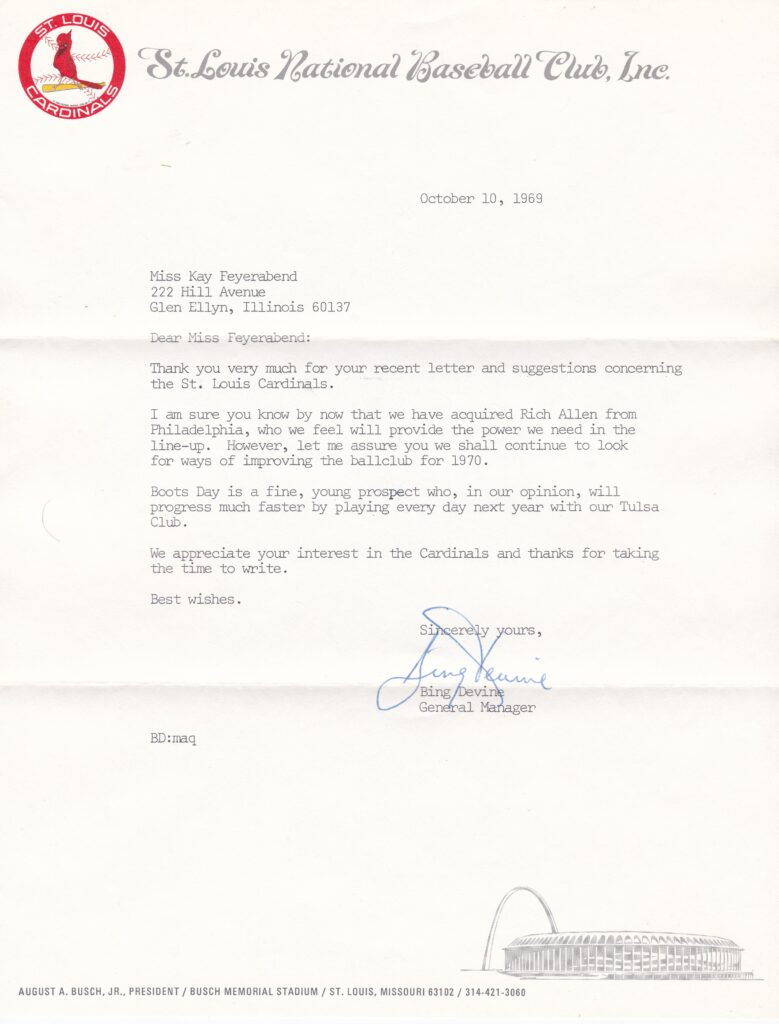
Baseball historians often cite the 1969 trade of Curt Flood from St. Louis to Philadelphia as the start of a new era. Few remember that Flood was traded for Dick Allen.
The Cardinals dealt Flood to acquire the powerful Allen for their lineup. Flood refused to report to Philadelphia and sued baseball and Commissioner Bowie Kuhn.
Flood believed baseball’s outdated labor laws treated him as property. In a letter to Kuhn, Flood wrote: “After twelve years in the major leagues, I do not feel I am a piece of property to be bought and sold irrespective of my wishes. I believe that any system which produces that result violates my basic rights as a citizen and is inconsistent with the laws of the United States and of the several States.”
Flood continued: “It is my desire to play baseball in 1970, and I am capable of playing. I have received a contract offer from the Philadelphia club, but I believe I have the right to consider offers from other clubs before making any decision. I, therefore, request that you make known to all Major League clubs my feelings in this matter, and advise them of my availability for the 1970 season.”
The case reached the Supreme Court, which upheld the status quo in 1972. However, the case empowered the players’ union, which soon pushed for significant change.
In the years that followed, the union fought for and gained free agency, forever changing the game. They also gained the “10/5” rule, known as the “Curt Flood Rule.” This rule grants players trade veto power if they have ten years of major league service, with five seasons at the same club.
The trade reshaped the game.
Included in the collection is a letter from Cardinals GM Bing Devine, dated three days after the trade. Devine wrote: “I am sure you know by now we have acquired Rich Allen from Philadelphia, who we feel will provide power we need in the lineup. However, let me assure you we will continue to look for ways to improve the ballclub for 1970.”
Devine’s prediction came true. In his only season in St. Louis, Allen had an outstanding year. A 1970 All-Star, Allen hit 34 homers and drove in 101 runs.
Allen was traded to Los Angeles after the season for 1969 Rookie of the Year Ted Sizemore and Bob Stinson.
For more about Flood, click here.
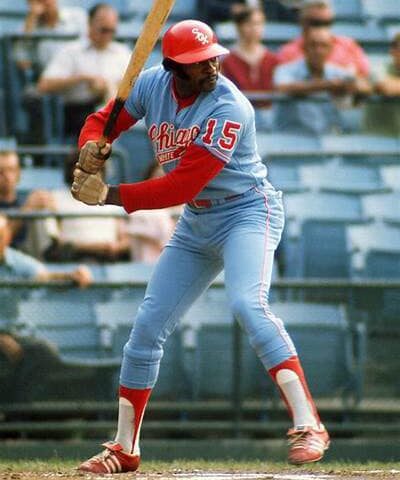
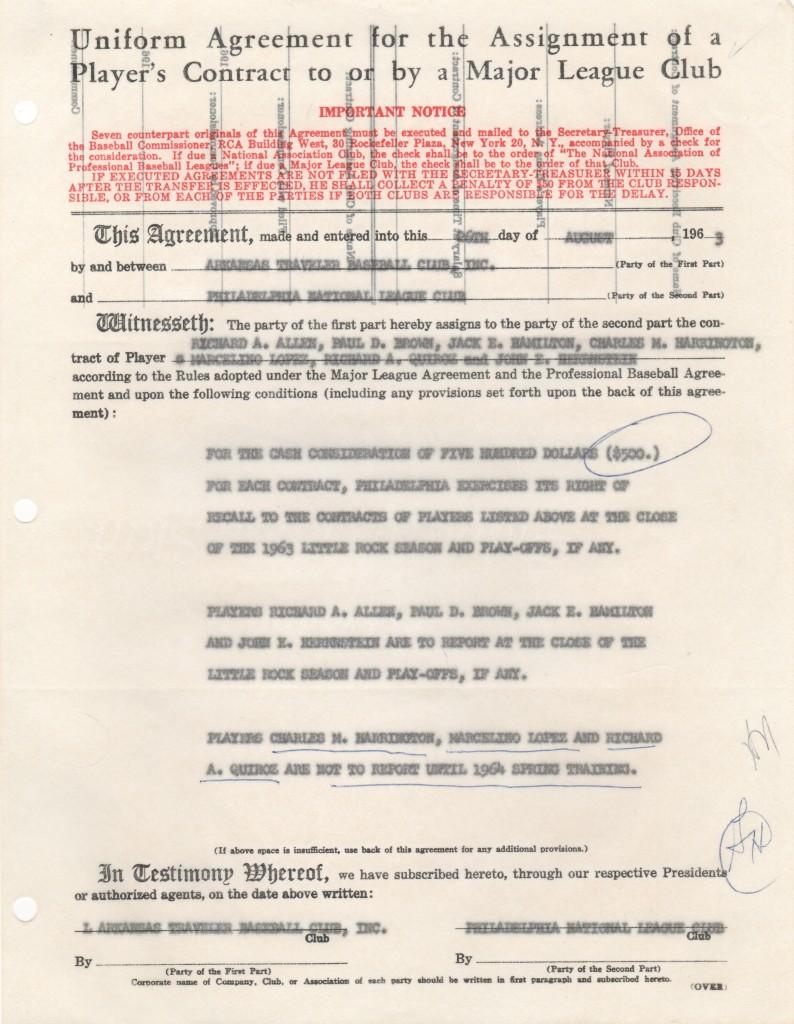
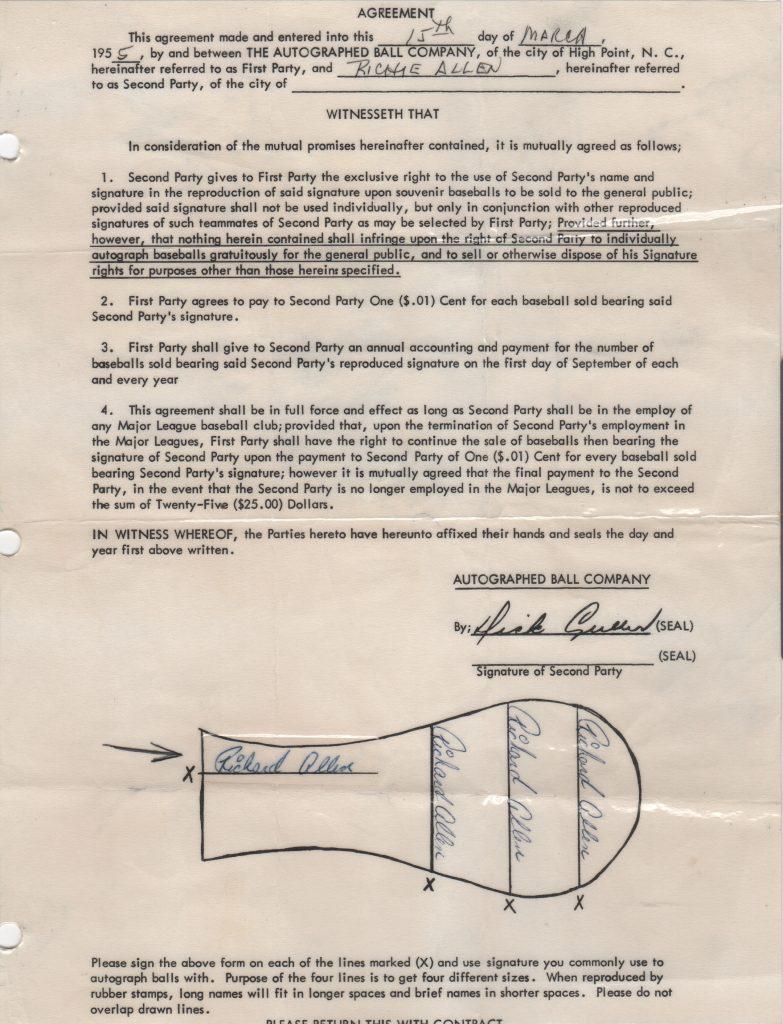

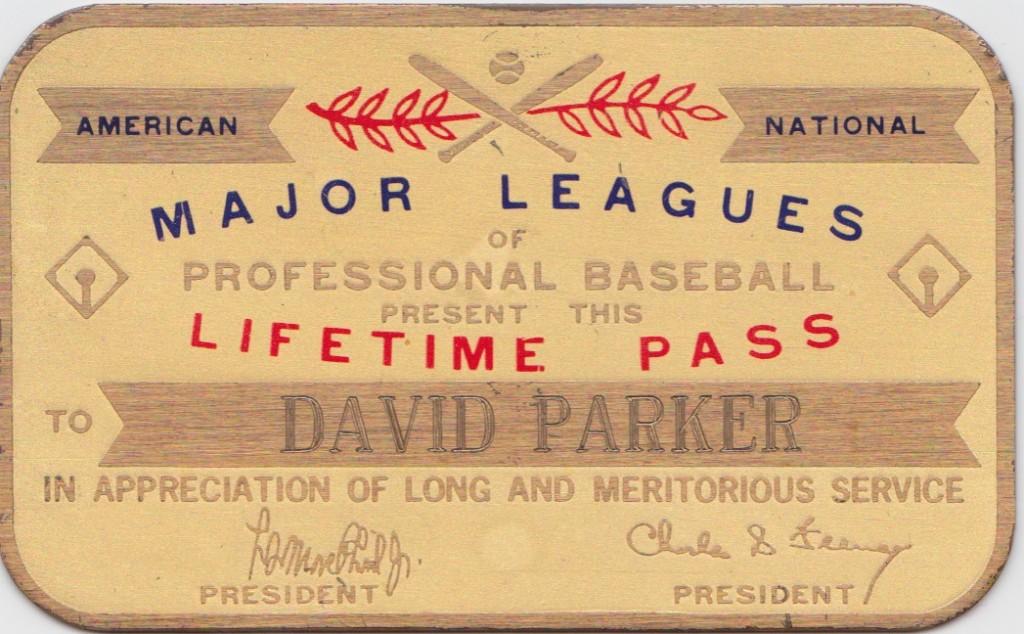
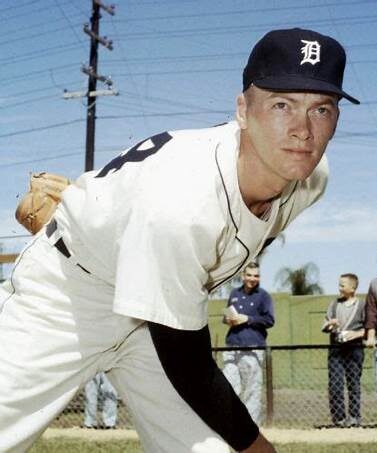
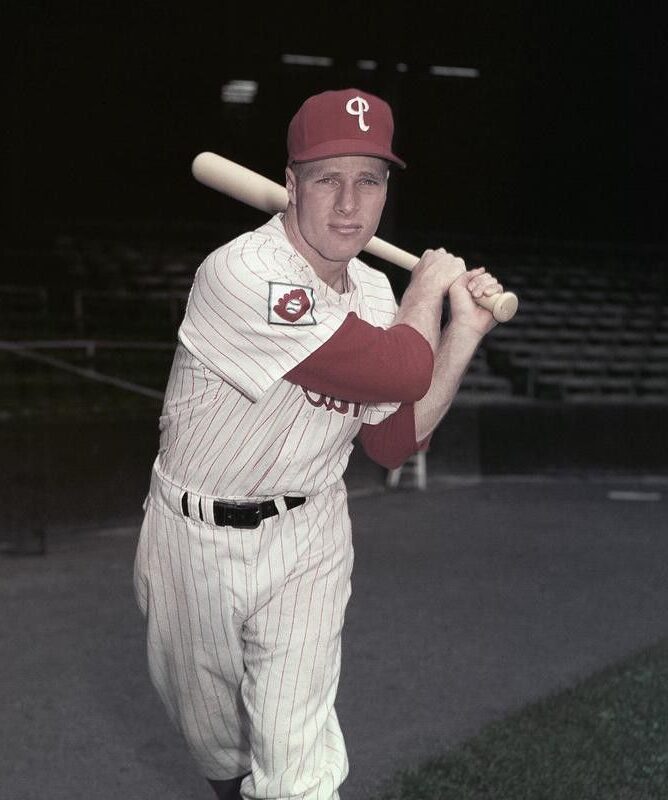
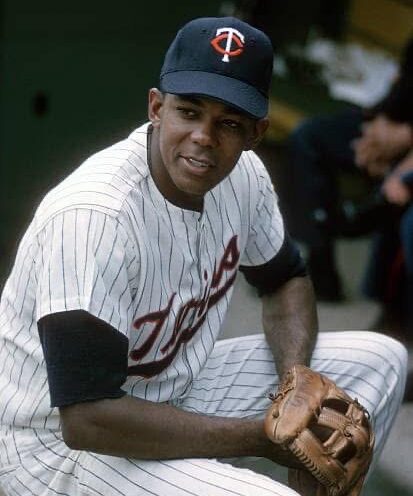
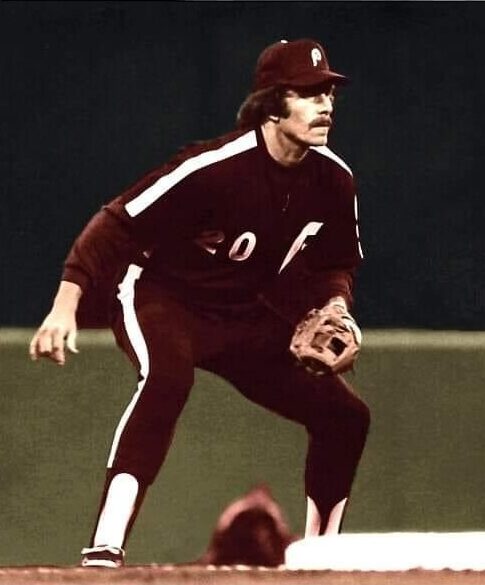
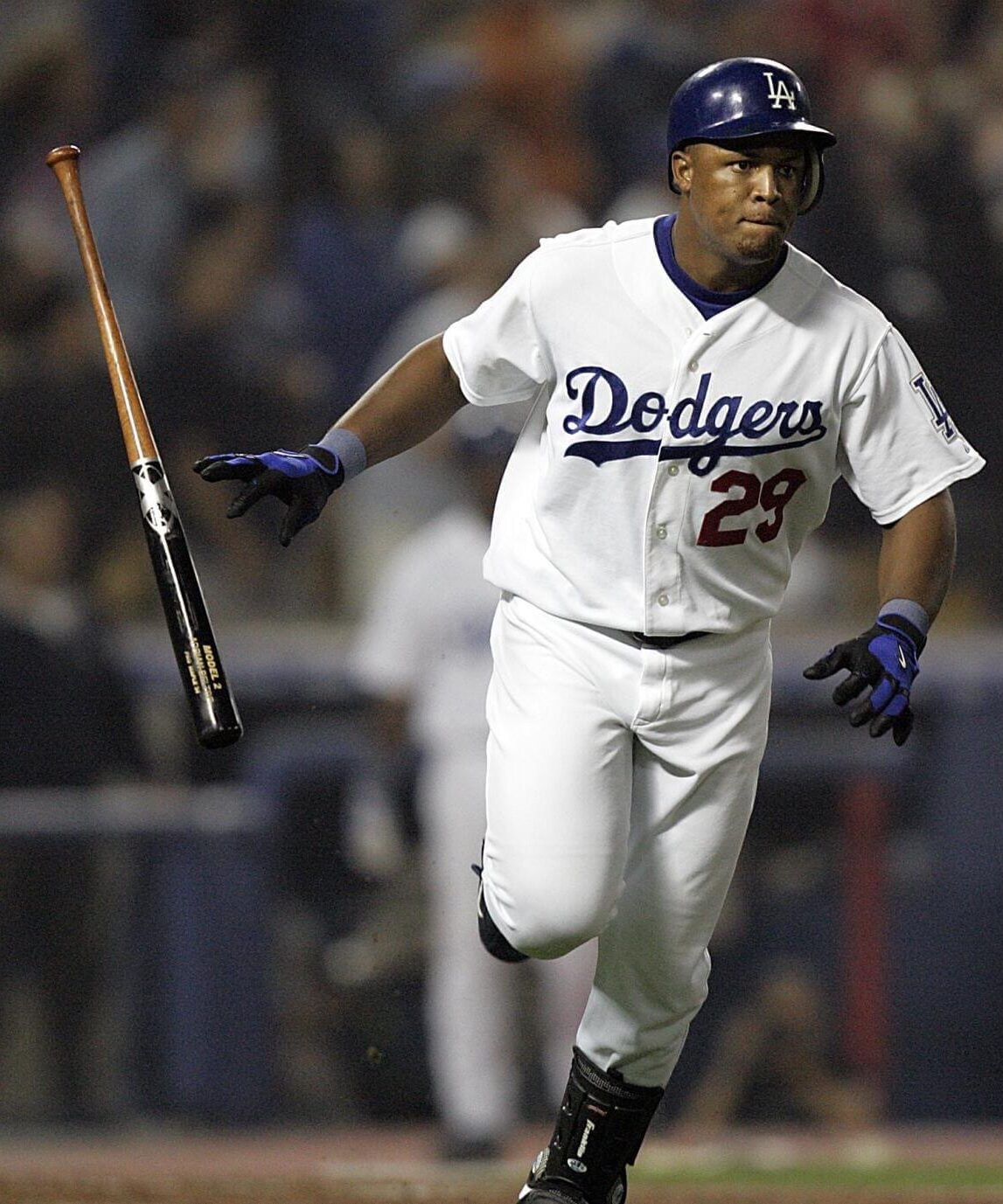
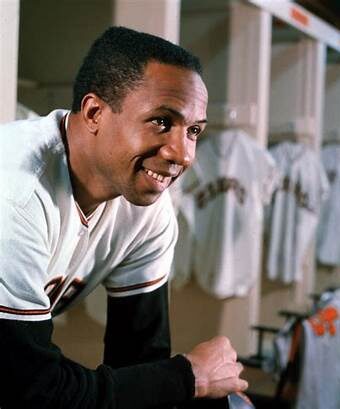
Do whatever it takes to get him in the Hall!
This man was scary. A total HOF no brainer. Oh and contrary to what the press believed his teammates and managers liked him.
This injustice must be corrected December, 2021. When Willie Mays, Goose Gossage, Mike Schmidt, etc. etc. say you’re a hall of famer, then you are. To those who say he was a cancer in the club house, isn’t it interesting that there isn’t a ball player among them?
Their are many ball players in the HOF who realistically don’t belong there. Duck Allen isn’t one of them along with Gil Hodges. The BBWAA should stop the injustice now and put Allen where he rightfully belongs in the HOF.
There are a lot of players not in with similar stats. We keep making the hall less and less every year. Not saying he wasn’t a good player but 1800 hits isn’t hall of fame.
I believe he’s a legitimate hall of fame. 40 ounce bat? That’s inhuman
Is a total disgrace Dick Allen is not in the Hall Of Fame. He is a hero. His statistics back him up. For 10 years he was THE dominate offensive force, during what is considered a dead ball era.
Name me one player with a OPS of over 900 and an OPS+ of 156 that’s not in the HOF. I’m pretty sure you can’t.
He punched my Dad Pat Bolton at his bar because my Dad would not serve him anymore.
I grew up watching Mays,Aaron,Stargell, McCovey,Cepeda, Banks, Williams,Santo and Frank Robinson. I saw Richie Allen or Dick Allen at least a dozen times and the one thing I realized was that he was athletic and dangerous. And in some cases more dangerous than some of the aforementioned players. I have personally seen Mr. Allen hit prodigious “tape measure” homeruns. In my honest opinion, his membership in Cooperstown is Long overdue. He was a “complete or 5 tool player” he most definitely belong in the Hall.
Allen’s career OPS+ was higher than Joe DiMaggio’s, Willie Mays’, and Hank Aaron’s, and he’s not in the Hall of Fame. Let that sink in.